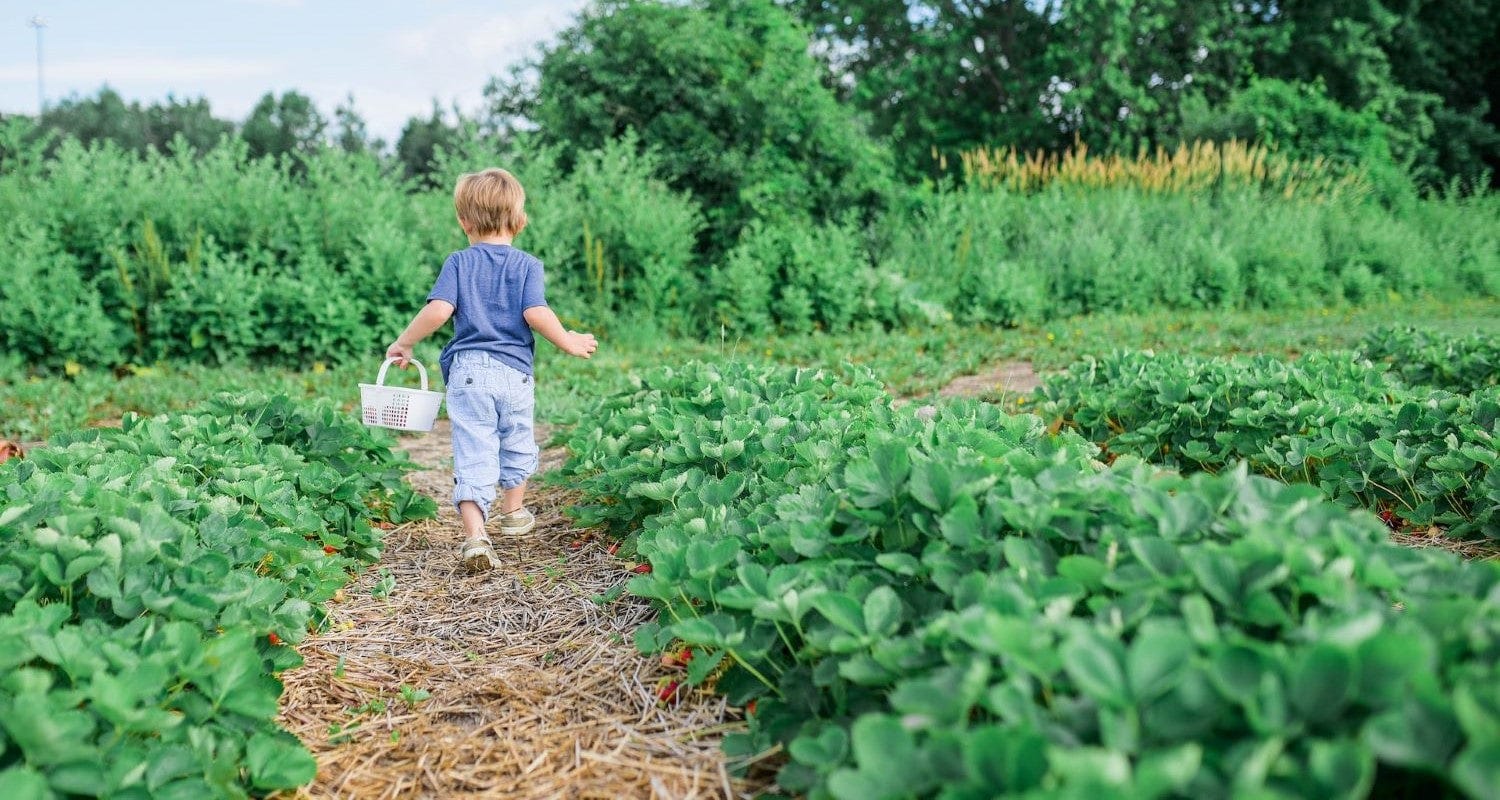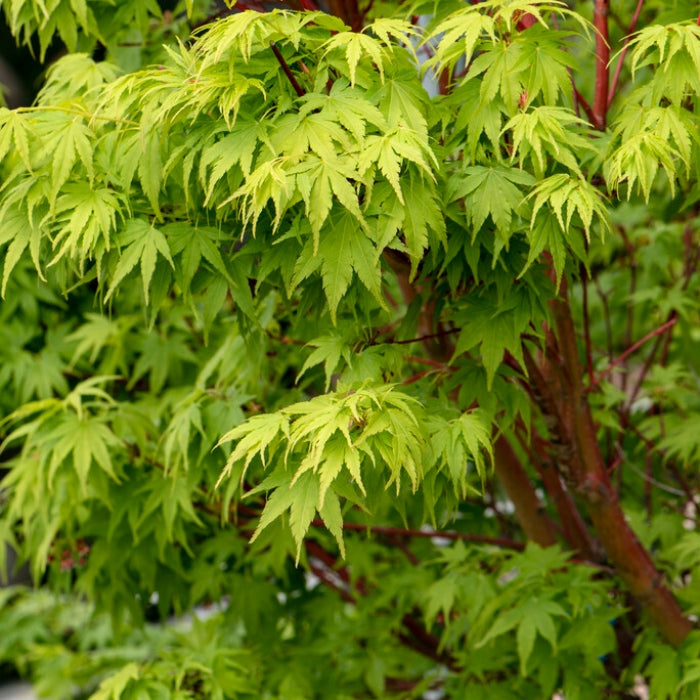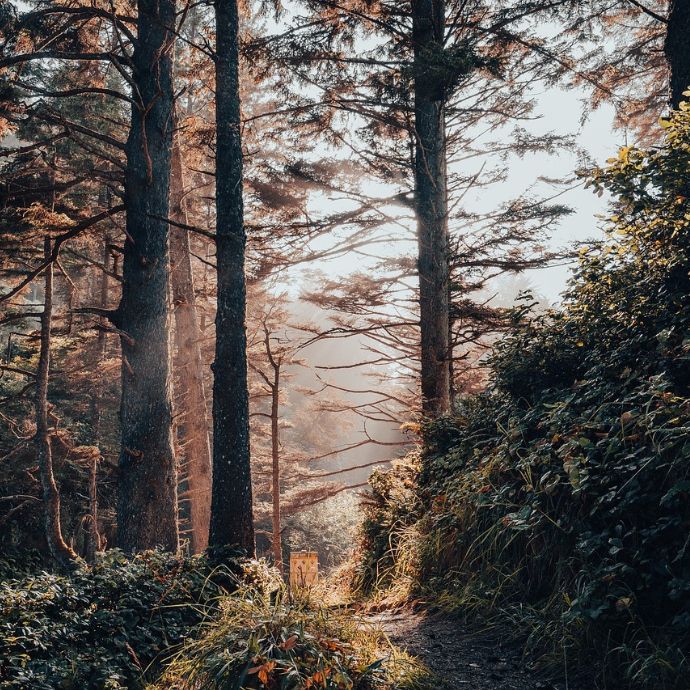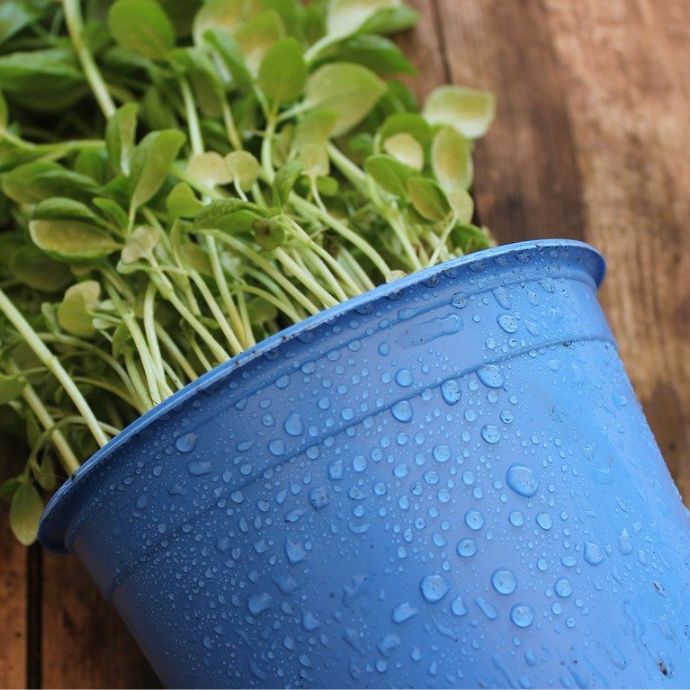Natural Fertilisers: Are They Any Good?

Most gardeners would agree that they get stronger, healthier plants and better yields of fruit and vegetables by using fertiliser, or plant food. Every plant has different needs, and there is a bewildering choice of fertilisers you can buy, but before you spend any money, here are eight natural, organic fertilisers you can use. They’re every bit as effective as the plant food in the shops and the best thing is that they’re made from things you’d normally throw away so all they’ll cost you is a little effort.
1. Compost
The best all round treatment for your soil is mulching (dressing the surface) with a good home-made compost. It contains the three minerals essential for healthy plants - nitrogen, phosphorus and potassium - and best of all, it’s free! Compost needs to have a ratio of one part green material (plant waste) to four parts brown (dry materials such as cardboard) for the best results.
Find out how to make your own compost.

2. Leaf mould
Another brilliant mulch for no money. Just gather up all the fallen leaves from your garden in autumn, pile them all into a bin bag and give them some water. Poke some small holes in the bag to allow excess moisture to escape and leave it to rot down. You can speed up the process by breaking up the leaves first, and shaking the bag occasionally. Leave for a few months to a year, then spread on your garden for healthy, nutrient-packed soil.

3. Nettle/Comfrey tea
You can harvest nettles from the wild or grow Comfrey specially, to make this high nitrogen fertiliser which is great for tomatoes, peppers, brassicas, leafy greens and squashes.
Chop up the nettles in a bucket, fill up with water and cover. Leave the mixture for a few weeks for the nettles to break down (it will smell bad - that’s a good sign) When it’s ready, strain off the liquid and dilute one part to ten parts water in your watering can to give your plants a vitamin and nitrogen boost. It’s especially good for vegetables!
This tea can also be made from Burdock, Chickweed, Borage, Horsetail or a combination.
4. Manure
Manure from herbivorous (plant eating) animals is full of goodness - use it when planting, dig it into your soil or spread it around the base of plants to release the nutrients. If you live in an area with a lot of horses you can shovel it off the road or ask the local stables - or perhaps you know a friendly chicken owner - their manure works well too.

5. Seaweed
If you live near the coast, you’ll have a ready supply of seaweed which you can use as it comes or chop up and use as a mulch around your plants. It steadily releases nutrients into the soil, while repelling slugs and snails with its salty smell. You can also make a tea with it, as above. To protect the marine ecosystem, be careful not to take too much and never pull it up by the roots.

6. Banana skins
If your plants need extra potassium, chop up some banana skins and mix them in with your mulch - or put a banana skin in the planting hole to channel the goodness straight to the roots. It’s particularly effective for roses, tomatoes, beans and peas.

7. Coffee grounds
Coffee grounds are rich in nitrogen, so acid-loving plants like blueberries, tomatoes, roses and azaleas will particularly benefit. Spread it around the base of the plants just before watering, or make a tea with it as above.

8. Eggshells
Egg shells are 93% calcium carbonate which is the same ingredient as in the lime fertiliser you can buy.
Wash and crush them, then work them into the soil around fruit and vegetables - especially tomatoes, courgettes and peppers where it can help prevent Blossom End Rot.

All of the above ingredients can also be added to your compost for a nutrient packed recipe that can be used all around the garden.
Last updated: 13/11/2023














